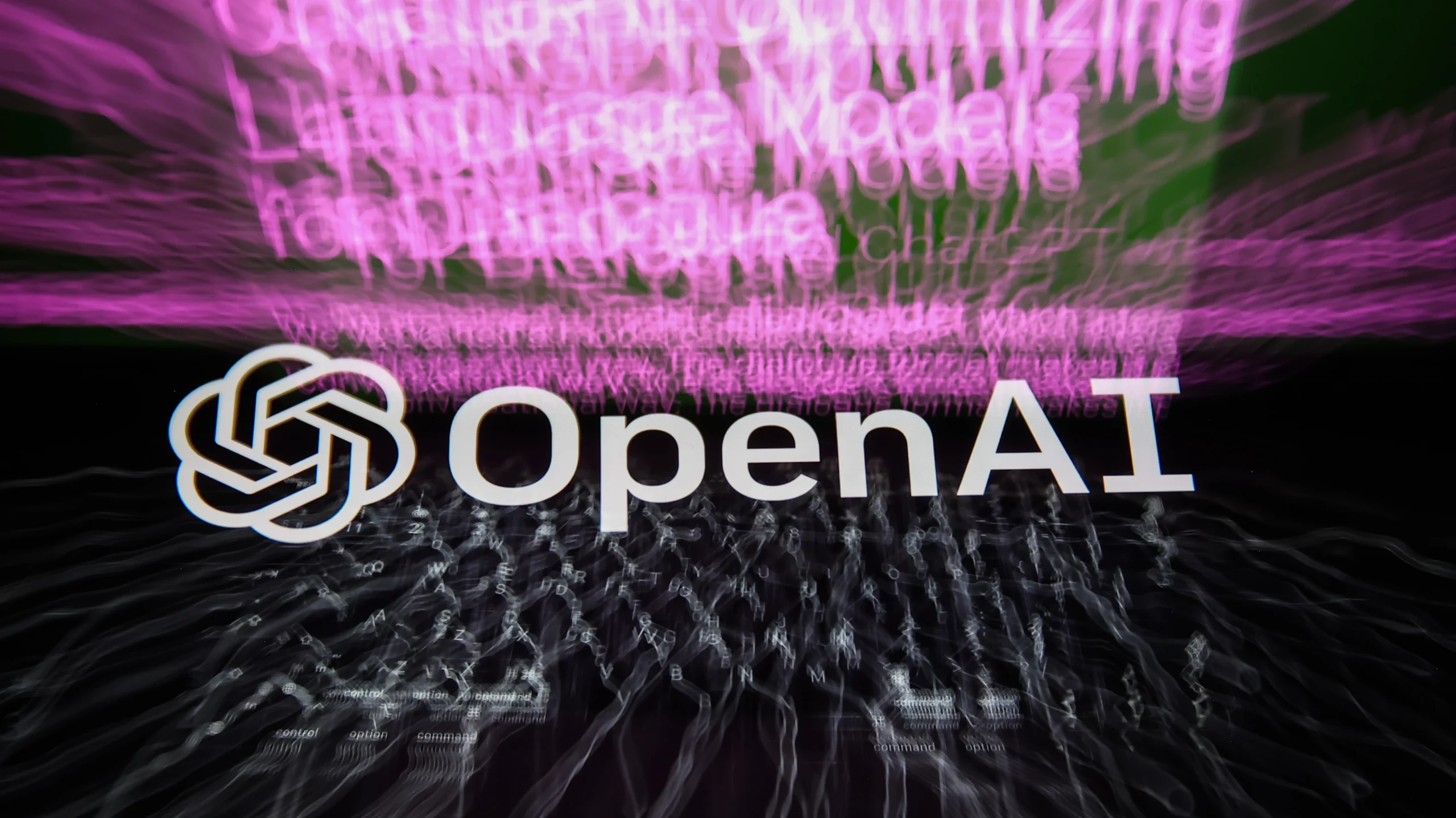Charles Hoskinson, co-founder of Cardano, has expressed concerns over AI censorship and the selective training of AI systems by major tech companies. Hoskinson highlighted these issues on social media, emphasizing the profound implications of AI censorship and noting that the utility of these AI systems is diminishing due to ‘alignment’ training.

Source: Charles Hoskinson
He pointed out that a small group of people at companies like OpenAI, Microsoft, Meta, and Google control the information these AI systems are trained on, and these individuals cannot be “voted out of office.”
To illustrate his point, Hoskinson posted screenshots showing different responses from two AI chatbots, OpenAI’s ChatGPT and Anthropic’s Claude, when asked how to build a Farnsworth fusor. Both chatbots provided brief overviews and cautioned against attempting the build due to potential dangers, with ChatGPT suggesting it should only be attempted by qualified individuals and Claude refusing to provide instructions.
The responses to Hoskinson’s post largely agreed that AI should be open-sourced and decentralized to prevent gatekeeping by big tech companies.

Source: Doogz Media
Concerns about AI censorship and gatekeeping are not new. Elon Musk, who has founded his own AI venture, xAI, has criticized AI models for being trained to prioritize political correctness, potentially leading to misinformation. Earlier this year, Google faced criticism for producing inaccurate and biased imagery with its AI model, Gemini, prompting an apology and a commitment to improvements.
Google and Microsoft have since modified their AI models to avoid discussing presidential elections, while models from Anthropic, Meta, and OpenAI have no such restrictions. Many thought leaders and industry experts advocate for decentralization as a solution to ensure more unbiased AI models. Additionally, antitrust regulators in the United States are urging scrutiny of the AI sector to prevent monopolistic practices by Big Tech.
